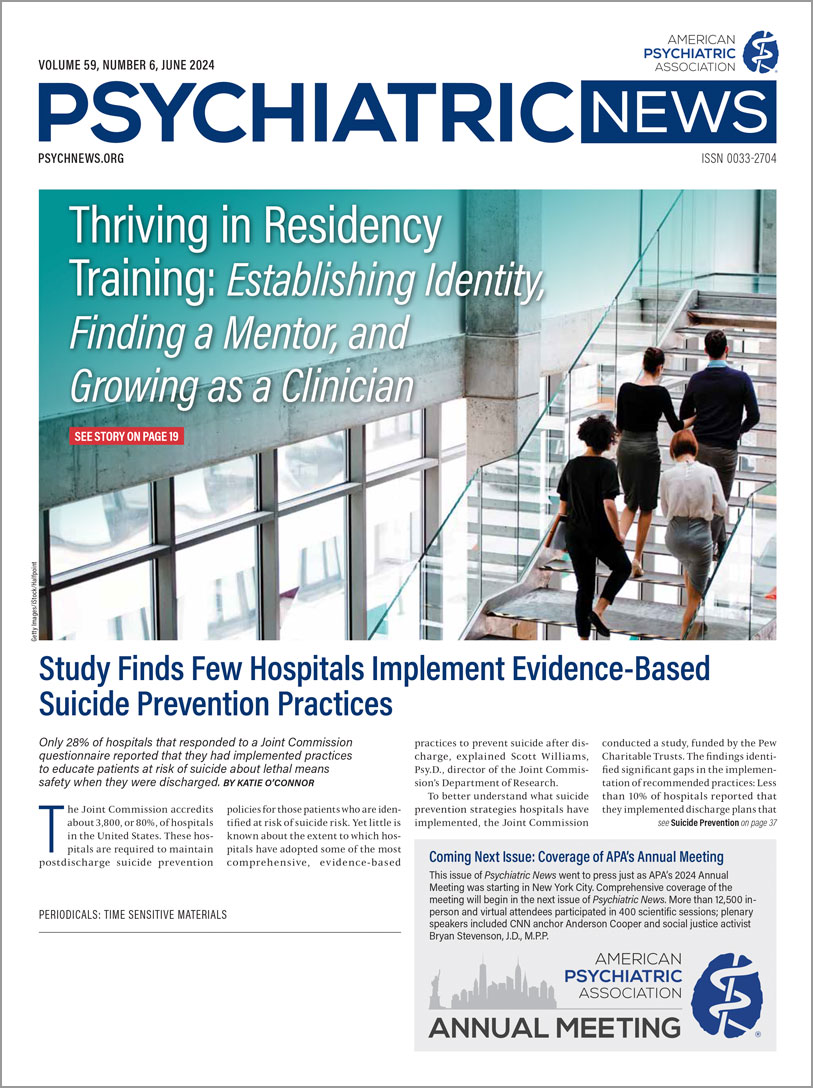Pandemic May Have Caused Havoc for Trainees but Also Taught Unexpected Lessons
COVID-19 meant a lot of different things to different people. In the world of medicine and medical education, the ripple effects of COVID-19 live on. Lives were lost and shattered. Those in medicine saw firsthand how the medical system was overtaxed.
Physicians across many specialties, who previously would have been mentors to medical students and residents, were burnt out. Medical students and residents were left with permanent scars as they sometimes understood the pandemic and the virus, along with the precautions they had to follow, in a way that was often very different from that of friends and family. They were oversaturated with death and negativity by the media. At its worst, those training to save lives and alleviate suffering felt the frustration of joining a broken medical system. The already overburdened system was unable to provide fair, equitable medical help and support to people impacted by COVID-19. Trainees experienced a major shift in curriculum and training as programs attempted to meet everyone’s needs. Physicians and staff pivoted constantly to allow training to progress, all while already being spread thin.
It’s tempting to call the adaptation to COVID a failure for patients and trainees alike. But Rudyard Kipling summarized this sentiment best: “If you can meet success and failure and treat them both as imposters, then you are a balanced man, my son.”
For all of the pain and suffering endured by the world at large and medical trainees nationwide during the worst of the pandemic, there were some positive downstream effects. Medical students and residents found new and creative ways to be more collaborative. Becoming more kind, patient, understanding, and open-minded became a necessity. They learned how to deal with patients who held misconceptions about the vaccines in a persuasive but respectful manner. The world of telehealth opened new doors that will likely remain open. Professionally, trainees got to experience opportunities they otherwise might not have had. Personally (perhaps especially in the field of psychiatry) they got access to health care that they previously would have opted out of, missed out on, didn’t have time to obtain, or were ashamed to tap into.
Trainees saw those in the medical field reprioritize their work-life balance and shift their focus to encompass those parts of their lives that were outside of medicine. As burnout rates soared, this perspective and attitude shift increased.
In a world filled with pain and suffering, trainees provided patients and loved ones with support and hope despite the problems and fear they were experiencing. At the very beginning of the pandemic, as the world was shutting down, I worked with a trainee about to enter his next level of training. In addition to this already anxiety-provoking transition, he was also planning a huge get together for a major life event. As we peeled back more and more layers of the onion during each visit, I helped the trainee manage sadness, frustration, disappointment, and anger. As months went on, I also helped him gain hope, perspective, and resilience. He was entering a stage in his career that would be fraught with new challenges as the medical system diverted care and moved to universal testing and masking. He was also facing the reality that some life events would need to be put on hold—at least in the way he had envisioned them. At his lowest point, grieving the death of someone lost to COVID-19, he shared that this experience had changed him forever. The story and the suffering that each of us experienced during this time were unique. The sentiment is one I’ve heard numerous times over the last few years.
Some argue that the failures we experienced during the pandemic far outweighed the successes. Even failure is an opportunity to refine, redefine, and elevate. The pandemic was fraught with many negatives but also contained many positives that trainees will carry with them for the rest of their careers. ■




